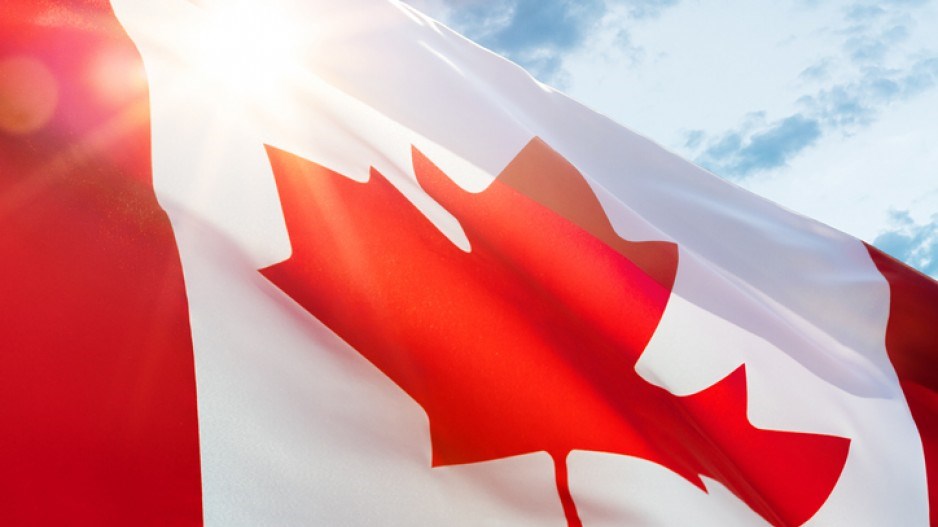Since 2008, I have had the opportunity to gauge the views of Canadians as Canada Day nears.
In the latest iteration of this exercise, Research Co. and Glacier Media found some significant fluctuations that undoubtedly are related to the events of the past year.
The monarchy has previously ranked at the bottom of all 12 items tested and this year is no different, with only 34% of Canadians saying it is a source of pride. This represents a 13-point drop since 2019, following louder discussions about succession, the exit of Prince Harry and Duchess Megan from royal family duties and the passing of Prince Philip.
We continue to see a gender gap, with 37% of women feeling proud of the monarchy, but only 31% of men joining them. The only Canadian province that has the word British in its name ranks highest (44%), while Quebec – which has been staunchly anti-monarchic over the past few years – is last (29%).
Two years ago, four in five respondents said they were proud of the Canadian economy. This year, only 49% feel the same way. Recent struggles related to the COVID-19 pandemic are to blame for this severe drop. Not even as the global financial crisis unfolded in 2008 and 2009 did we see such low numbers on this issue. However, people who voted for the Liberal Party are more convinced that we should be proud of the current state of economic management (65%) than those who cast ballots for the New Democratic Party (NDP) (54%) or the Conservative Party (33%).
Parliament – recently labelled as a place of “obstructionism and toxicity” by none other than the prime minister – is a source of pride for 50% of Canadians, down three points since 2020 but significantly higher than the 32% registered 13 years ago, during a Conservative minority government.
In 2008, Liberal voters were more likely to scoff at Parliament when asked if it was a source of pride. This year, the numbers are lowest among Conservative voters (34%). Supporters of the governing party, which enjoys a workable minority that may become a majority if an election is held soon, have very different views, with 68% saying they are proud of Parliament.
The results are not trending in the right direction for two issues: bilingualism (59%, down two points since 2020) and the state of democracy in Canada (62%, down four points).
Just over three in five Canadians (62%) say they are proud of Indigenous culture. The numbers did not change since last year, even in the face of new scrutiny about residential schools which, as we learned in August 2020, are a mystery for many Canadians over the age of 55. Still, pride on this issue was at 51% in 2008, so topics such as reconciliation and the practice of territory acknowledgements may be moving the needle.
Hockey, where Canadian teams in the National Hockey League (NHL) did not play franchises based in the United States during the regular season, stands at 66% as a source of pride, way lower than the 80% registered in 2010. The rating is the same for the health care system (66%), which has been unable to crack 70% for the second consecutive year.
Some big surprises emerge when we look at the top three sources of pride for Canadians. The Canadian Armed Forces, which surpassed 80% in three previous surveys, fell to 67% in 2021. This is understandable in a year where the focus has been primarily on sexual misconduct and resignations at the highest ranks.
Seven in 10 Canadians (70%) are proud of multiculturalism, down one point since 2020 but significantly higher than the 61% registered in 2008.
The Canadian flag is still the highest ranked source of pride, but at 77%, it is down five points since 2020 and no longer commanding the backing of practically nine in 10 Canadians as it did in years past.
Aside from hockey and Indigenous culture, pride in other components of Canadian life is lower than it was a year ago. Public opinion research always captures a specific moment in the psyche of a population. We were in field immediately after a Canadian team qualified for the Stanley Cup Final for the first time since 2011, but with a country that is having a deep reflection about the past treatment of First Nations and an economic recovery that has not fully started for sectors that have been decimated by the COVID-19 pandemic.
Perhaps it is the fear of what will become of us, combined with fresh reminders of the trespasses of the past, that is making some Canadians not as proud as they used to be.
Mario Canseco is president of Research Co.
Results are based on an online study conducted from June 24 to June 26, 2021, among 1,000 adults in Canada. The data has been statistically weighted according to Canadian census figures for age, gender and region. The margin of error, which measures sample variability is plus or minus 3.1 percentage points, 19 times out of 20.




